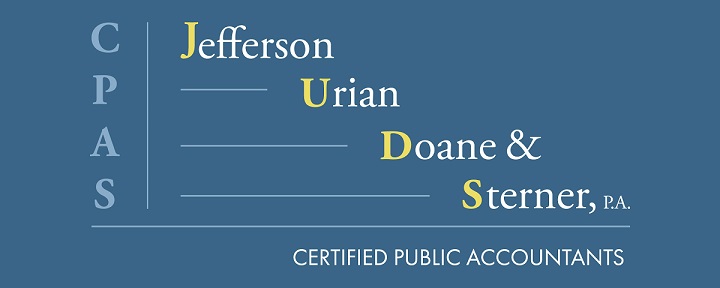-
What's your retirement plan? Whether retirement is right around the corner or years down the road, you should be actively planning for it now. Finances are just one piece of the puzzle. You'll also need to evaluate what personal interests and desired lifestyle you hope to enjoy in your Golden Years. Here are some tips to help you retire with confidence.
-
Nowadays, many young adults are struggling to buy their first homes or upsize to larger homes that fit their growing families. Parents and other financially secure family members might be tempted to provide financial assistance to help their loved ones purchase their dream homes. There are several options to consider, but they all have tax implications.
-
With age comes wisdom and potentially some valuable federal income tax breaks that aren't available to younger taxpayers. Specifically, people over age 50 might consider making deductible catch-up contributions to their retirement accounts. And they might itemize deductions, rather than claim the standard deduction, if their medical bills are over the income-based threshold. Here are the details.
-
Emergencies happen to all of us, and many people are unprepared. Starting in 2024, employers can offer certain employees the option of establishing an emergency savings account, linked to their company retirement account. Participants can make after-tax contributions from their salary and take monthly withdrawals as needed. Here are the details.
-
A designated Roth 401(k) account can be a tax-smart retirement tool if it's offered under your company's plan. Elective contributions to these accounts are taxed on the front end, allowing you to receive federal-income-tax-free qualified withdrawals on the back end. Plus, there are no income-based limits on participating in company Roth plans. Here are the details.
-
Fundraising is already in full swing for the November 2024 elections. Are you planning to donate to a favorite local or federal candidate? Before opening your wallet, it's important to understand the rules that apply to campaign contributions made by individuals and businesses.
-
As your small business grows, it will encounter many new challenges and opportunities. Here's how to tackle top concerns such as financial and tax reporting, marketing, strategic decision making, working capital and risk management to minimize growing pains during this critical stage of business development.
-
Does your business provide a qualified child care facility for employees' dependents? If so, you may be eligible for a valuable tax credit that, when combined with the business expense deduction and a qualified dependent care assistance program, can significantly lower your tax bill. This break also provides a welcome perk for working parents on your payroll.
-
Generally, the IRS has three years to audit a tax return, from the later of the due date of the return, or the date the return is filed. But many exceptions exist that make it prudent to keep financial records even longer. Some states also have different records retention requirements. Here's the lowdown on records retention, broken down by various types of documentation.
-
Business owners sometimes add a few extra days of leisure to their business trips, whether to relax by the beach or visit family members who live in different cities. With proper planning and documentation, you may be able to deduct some costs such as transportation, lodging and meals as legitimate business expenses. Here's a refresher on the tax rules for business vs. personal travel.





